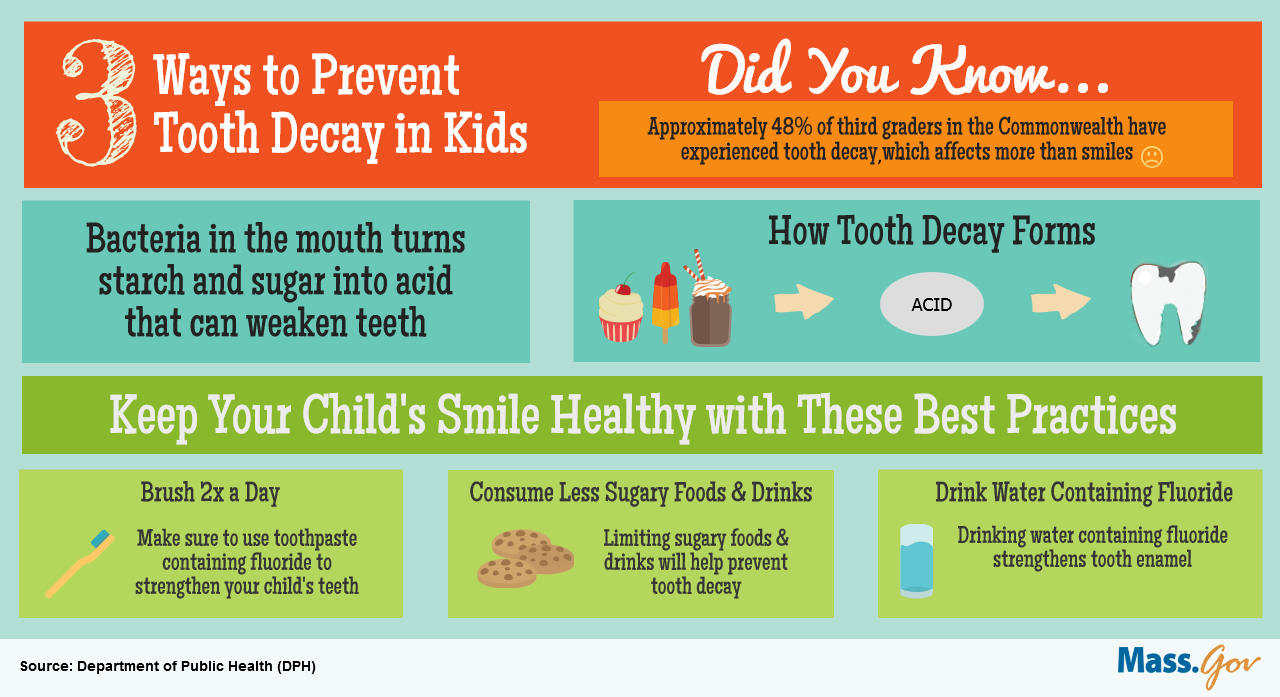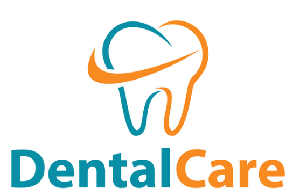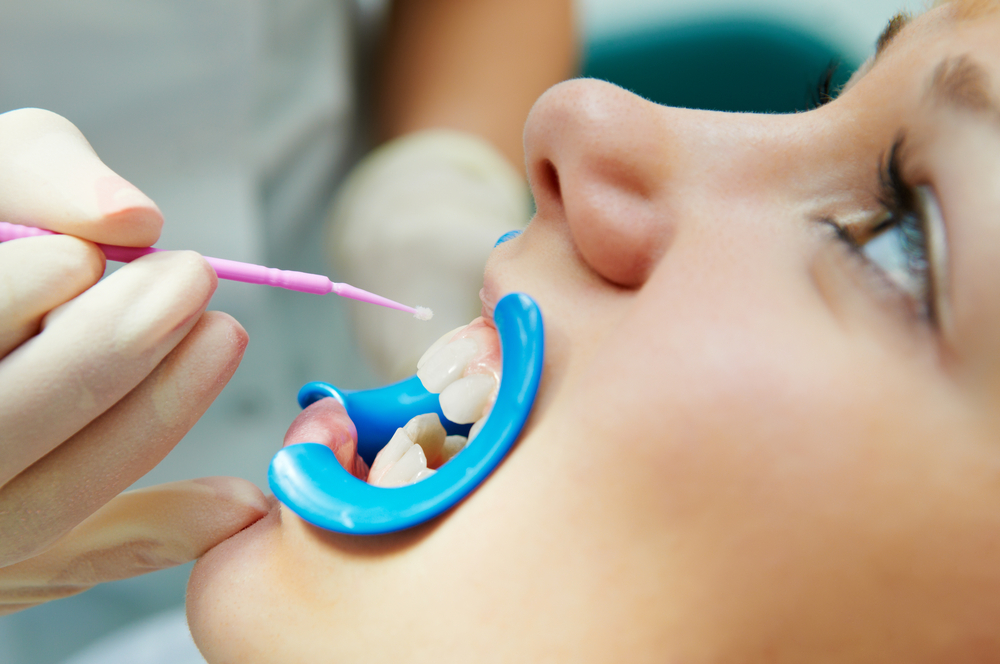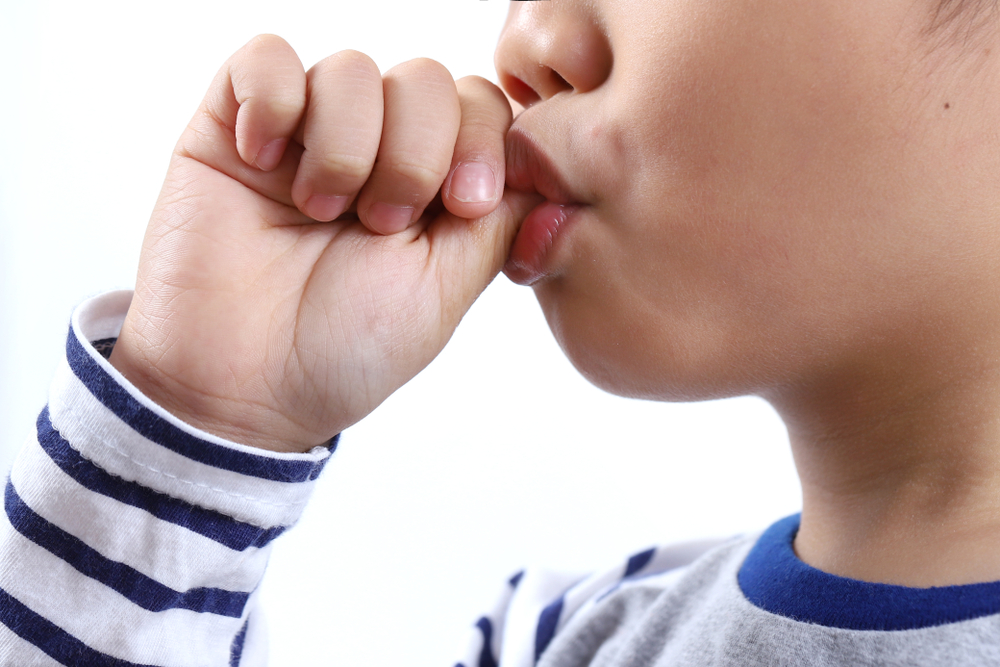Introduction
Early childhood cavities, also known as baby bottle tooth decay or early childhood caries, can have a significant impact on a child’s oral health. It is essential to take preventive measures to ensure that children develop healthy dental habits from an early age. This article provides valuable tips and practices to prevent early childhood cavities and promote good oral hygiene in children.
1. Start Oral Care Early
Oral care should begin even before the eruption of the first tooth. Gently wipe your baby’s gums with a clean, damp cloth after feeding to remove any residue and bacteria.
2. Introduce Toothbrushing
Once the first tooth appears, start using a soft-bristled toothbrush and a smear of fluoride toothpaste. Brush your child’s teeth twice a day, in the morning and before bedtime.
2.1 Choosing the Right Toothbrush
Opt for a toothbrush with soft bristles and a small head that can reach all areas of your child’s mouth comfortably. Replace the toothbrush every three to four months or sooner if the bristles become frayed.
2.2 Using Fluoride Toothpaste
Fluoride toothpaste helps strengthen tooth enamel and prevent cavities. Use a tiny smear of toothpaste for children under three years old and a pea-sized amount for children aged three to six years.
3. Encourage Healthy Eating Habits
Avoid giving your child sugary snacks and drinks, especially between meals. Instead, offer nutritious foods like fruits, vegetables, and dairy products that promote dental health.
3.1 Limit Sugary Drinks
Excessive consumption of sugary drinks, including fruit juices and soda, can contribute to tooth decay. Encourage your child to drink water or milk instead.
3.2 Choose Tooth-Friendly Snacks
Opt for snacks that are low in sugar and high in nutrients. Fresh fruits, vegetables, cheese, and yogurt are excellent choices for promoting oral health.
Summary

Preventing early childhood cavities is essential for the overall well-being of children. By following a few simple tips and practices, parents and caregivers can significantly reduce the risk of cavities in young children. This blog post will cover various preventive measures, including proper oral hygiene routines, healthy dietary choices, regular dental check-ups, and the importance of fluoride. By implementing check that these practices, you can help your child maintain a healthy smile and establish good dental habits that will benefit them throughout their lives.
- Q: What are early childhood cavities?
- A: Early childhood cavities, also known as baby bottle tooth decay or nursing caries, are tooth decay that occurs in infants and young children.
- Q: How can I prevent early childhood cavities?
- A: You can prevent early childhood cavities by practicing good oral hygiene, such as cleaning your child’s gums with a soft cloth, brushing their teeth with a fluoride toothpaste, and avoiding sugary drinks and snacks.
- Q: When should I start cleaning my child’s teeth?
- A: You should start cleaning your child’s teeth as soon as the first tooth appears. Use a soft-bristled toothbrush and a small amount of fluoride toothpaste.
- Q: Are pacifiers and thumb sucking harmful to my child’s teeth?
- A: Prolonged pacifier use and thumb sucking can affect the alignment of your child’s teeth and jaw development. It is best to wean them off these habits by the age of 2-4.
- Q: How often should my child visit the dentist?
- A: It is recommended to take your child for their first dental visit by their first birthday. After that, regular dental check-ups every six months are recommended.
- Q: Can I prevent cavities by giving my child fluoride supplements?
- A: Fluoride supplements can be beneficial in preventing cavities, but it is important to consult with a dentist or pediatrician before giving them to your child to determine the appropriate dosage.

Welcome to my website! My name is Tristan Wynter, and I am a passionate and dedicated dental hygienist with years of experience in the field of general dentistry, pediatric dental care, smile enhancements, and dental hygiene tips. I am thrilled to have the opportunity to share my knowledge and expertise with you through this platform.




